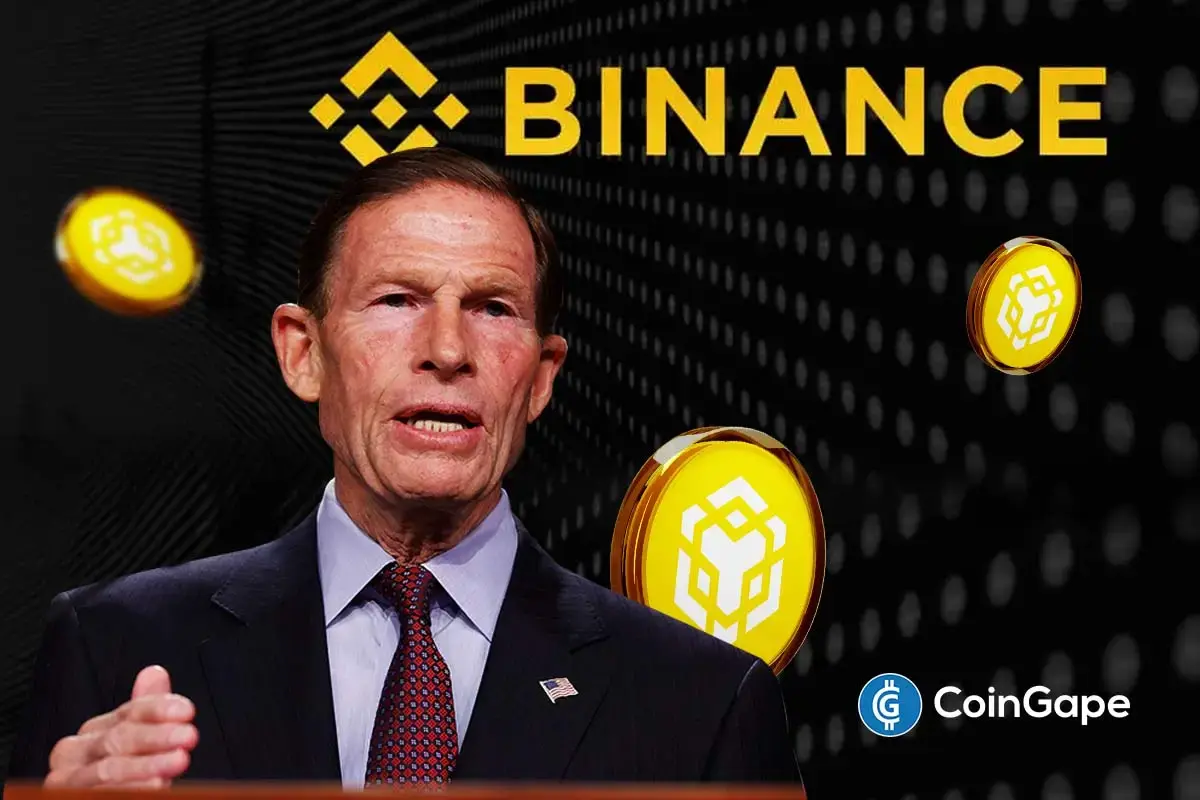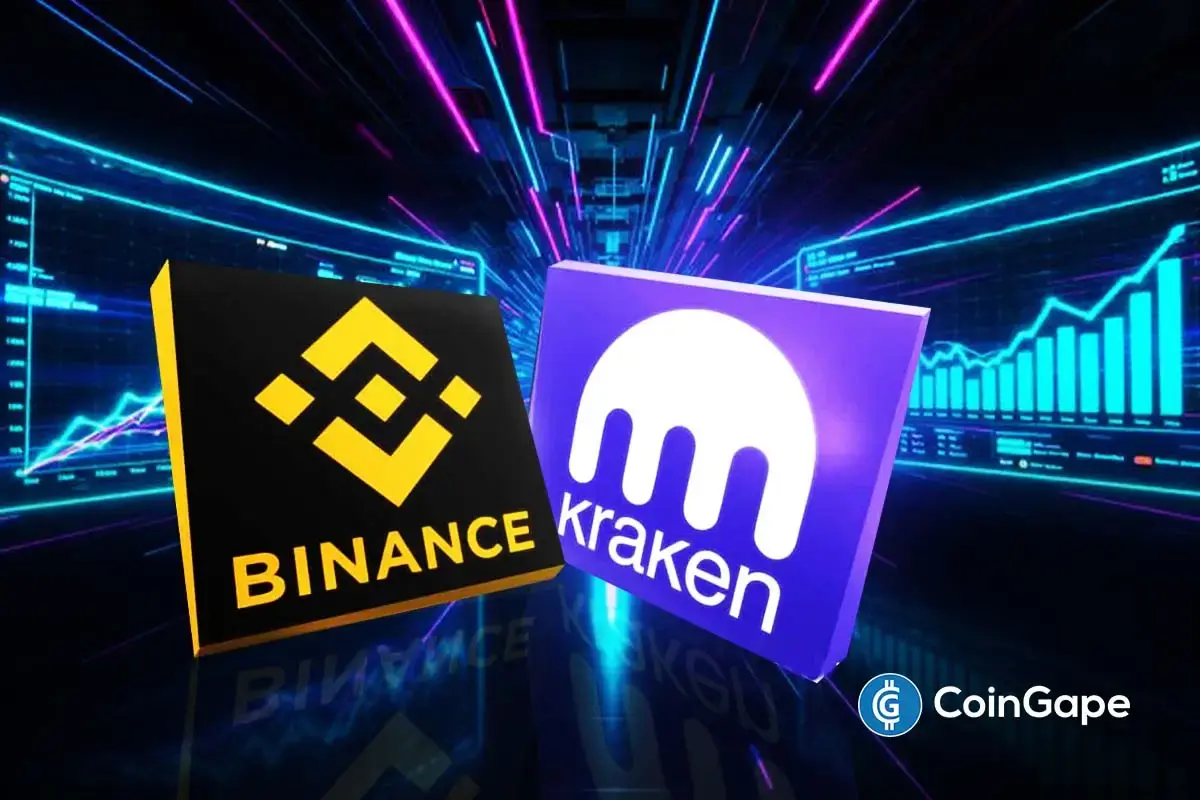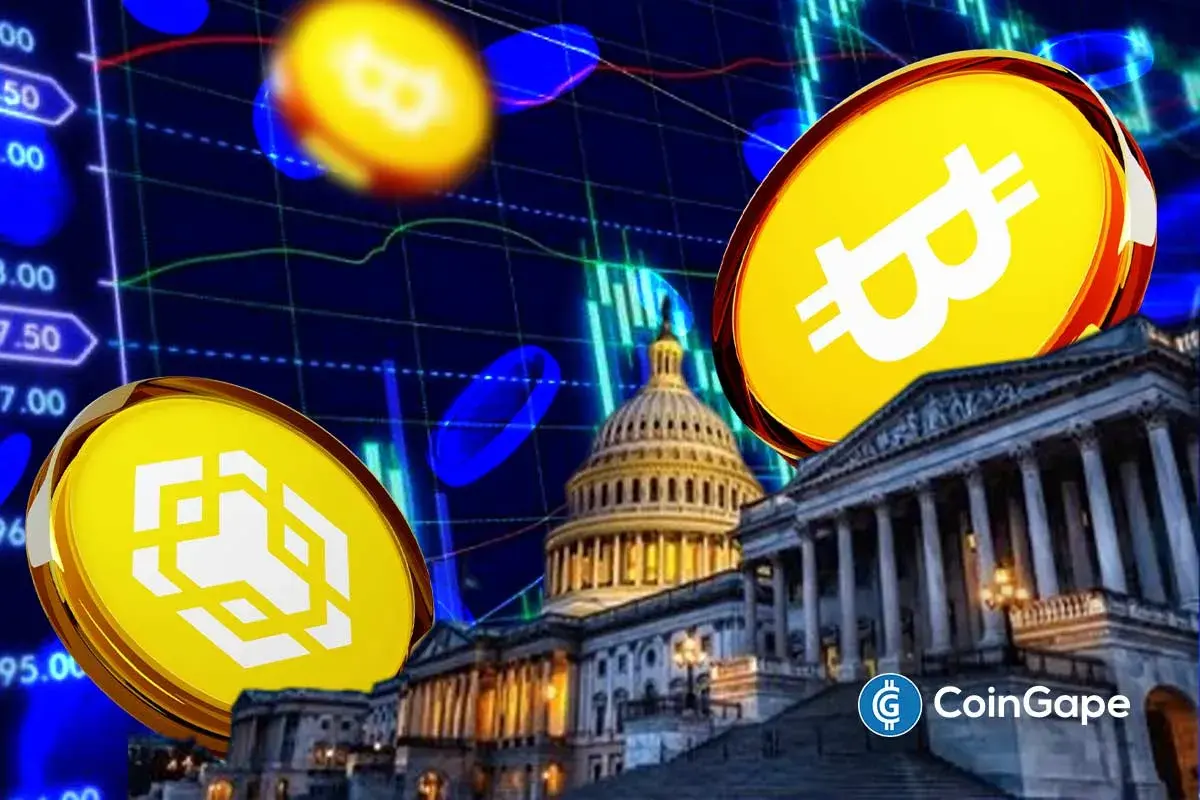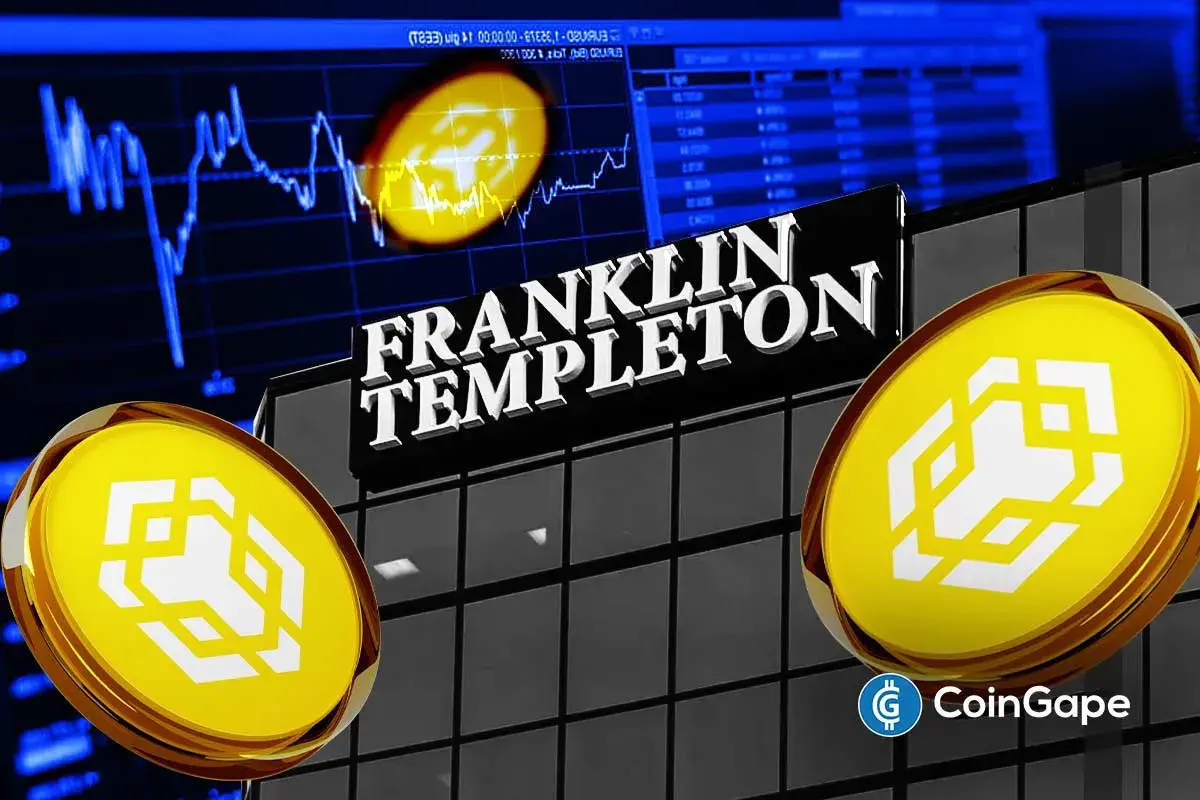Binance & Other Crypto Firms Faces Ban In Nigeria, Here’s Why

Highlights
- Nigeria restricts access to Binance & others amid crypto regulatory concerns.
- Nigerian community expresses dismay over government's crypto website blockade.
- This move follows a ban faced by Binance and other prominent crypto firms in India in late December 2023.
Nigeria has thrown a wrench into the operations of leading crypto exchanges, including Binance, OctaFX, and Coinbase. Notably, this move comes just months after the Central Bank of Nigeria lifted its ban on crypto transactions, signaling a tumultuous regulatory landscape for digital assets in the country.
Meanwhile, as tensions escalate over currency speculation concerns, the Nigerian government has instructed telecommunication firms to restrict access to these crypto platforms.
Nigeria Restricts Access To Binance & Other Crypto Firms
In a surprising turn of events, Nigeria has directed its telecommunication companies to block access to the websites of prominent cryptocurrency firms. Notably, as per the report from a Nigerian business newspaper Business Day, the firms that face the ban include Binance, OctaFX, and Coinbase.
Meanwhile, this decision follows the Central Bank of Nigeria’s shift in policy towards digital assets in December 2023, which saw the lifting of a previous ban on crypto transactions. However, the recent move aims to curb currency speculation activities within the country, with Binance notably stating that its platform is not intended for currency pricing.
Notably, in response to user complaints about the inability to purchase dollars on the platform, Binance emphasized its commitment to a market-driven and transparent environment. The platform clarified that it had paused transactions to prevent price suppression, denying allegations of currency speculation thriving on its platform.
However, it’s worth noting that Binance has reiterated its engagement with local authorities and regulators to ensure compliance with evolving cryptocurrency regulations.
Also Read: Shiba Inu Burn Rate Soars 4205% Amid SHEboshi Hype, SHIB Price To Rally?
Impact on the Nigerian Crypto Community
Nigerians have taken to social media platforms to express their dismay over the government’s decision to restrict access to cryptocurrency websites. With concerns mounting over the decline of the Naira against the dollar, many are skeptical about the efficacy of the government’s measures in addressing underlying economic issues.
Moreover, the potential blockade of online platforms like Binance raises questions about the accessibility of digital assets in Nigeria and the resilience of the country’s crypto community. As debates surrounding crypto regulation intensify, stakeholders emphasize the need for a balanced approach that fosters innovation while addressing concerns about currency manipulation and illicit financial activities.
Despite the regulatory challenges, Nigeria’s crypto enthusiasts remain resilient, exploring alternative avenues to engage with digital assets. However, the uncertainty surrounding the future of crypto exchanges in Nigeria underscores the importance of transparent dialogue between regulators, policymakers, and industry players.
Meanwhile, the latest legal challenges of Binance in Nigeria follow a recent ban in India. For context, as CoinGape reported earlier, the Financial Intelligence Unit (FIU) of India issued notices to Binance and other firms for allegedly operating illegally in India through offshore entities.
The notices, sent in late December 2023, also targeted prominent exchanges such as Kucoin, Huobi, Kraken, Gate.io, Bittrex, Bitstamp, MEXC Global, and Bitfinex. This development highlights the ongoing regulatory scrutiny faced by cryptocurrency platforms worldwide, signaling potential hurdles for their operations and further complicating the regulatory landscape.
Also Read: Bitcoin Maxi Expects BTC Price At $500K With A 1987-Style US Stock Market Crash
Play 10,000+ Casino Games at BC Game with Ease
- Instant Deposits And Withdrawals
- Crypto Casino And Sports Betting
- Exclusive Bonuses And Rewards

- US-Iran War: Reports Confirm Bombings In UAE, Bahrain and Kuwait As Crypto Market Makes Recovery
- XRP Price Dips on US-Iran Conflict, But Capitulation Signals March Rebound
- Crypto Market at Risk as U.S.–Iran War Threatens Inflation With Oil Price Surge
- Polymarket U.S.–Iran Strike Bets Fuel Insider Trading Speculation as Crypto Traders Net $1.2M
- Cardano’s DeFi TVL Climbs as USDCx Stablecoin Launches on Network
- Top Analyst Predicts Pi Network Price Bottom, Flags Key Catalysts
- Will Ethereum Price Hold $1,900 Level After Five Weeks of $563M ETF Selling?
- Top 2 Price Predictions Ethereum and Solana Ahead of March 1 Clarity Act Stablecoin Deadline
- Pi Network Price Prediction Ahead of Protocol Upgrades Deadline on March 1
- XRP Price Outlook As Jane Street Lawsuit Sparks Shift in Morning Sell-Off Trend
- Dogecoin, Cardano, and Chainlink Price Prediction As Crypto Market Rebounds

 Buy $GGs
Buy $GGs

















